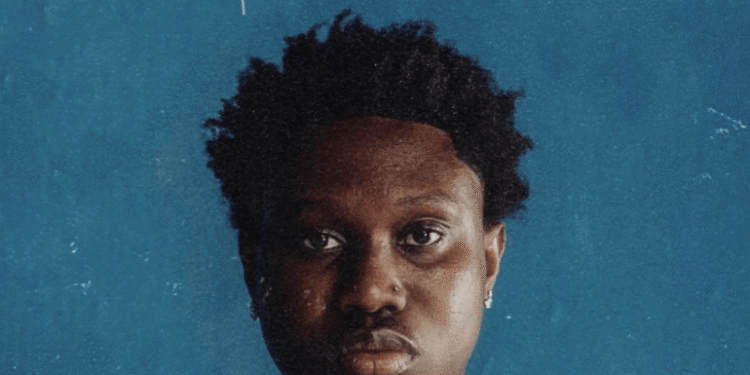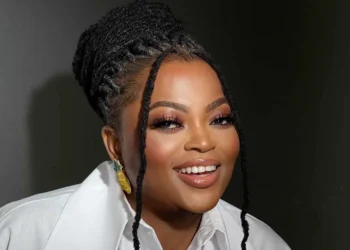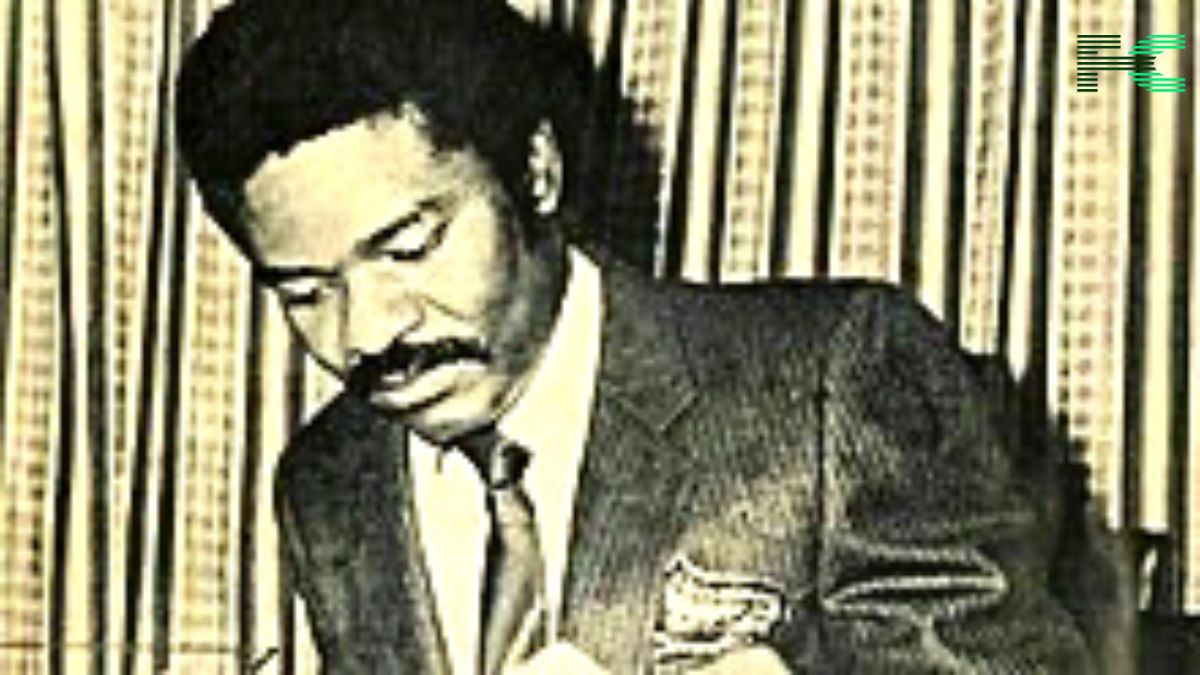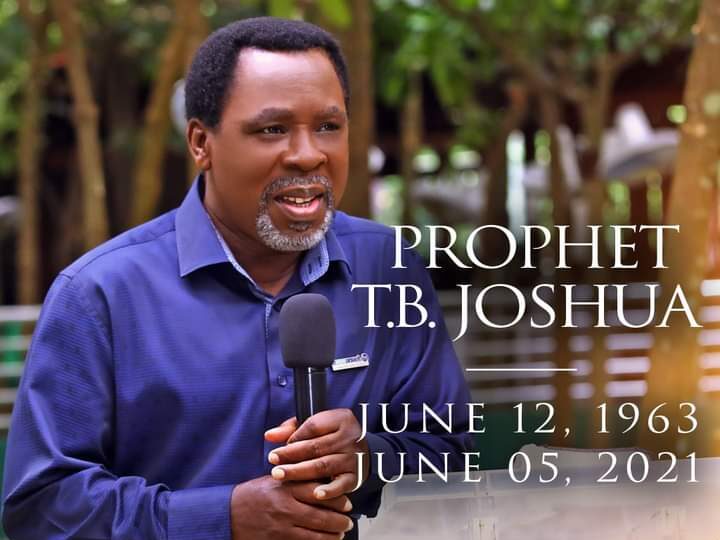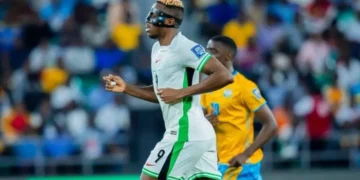Zlatan Ibile’s new album, Symbol of Hope, feels like a major turning point in his career. The rapper who once dominated the streets with raw energy and loud delivery now sounds calmer, wiser, and more in control. It’s clear that he has grown as both an artist and a person. But while the album shines in polish and maturity, it doesn’t fully grab listeners the way his earlier hits did. It’s smooth, thoughtful, and well-produced—but it’s also missing that spark that keeps you hitting replay.
Released on Saturday after months of anticipation, Symbol of Hope marks Zlatan’s first big project in four years. In that time, he has changed significantly. His lyrics are cleaner, his sound is more refined, and his entire presentation feels more mature. He’s evolved from the street-heavy artist who once dominated dance floors to a more intentional storyteller. Yet, in finding balance, he seems to have lost some of the grit and excitement that made fans love him in the first place.
Growth Told Through Music
The album opens with “Pay Day”, a soft and confident celebration of Zlatan’s success. The guitars and shakers give it a calm, rich sound as he declares that he now “breathes money.” It’s a statement of triumph—proof that his hustle has paid off.
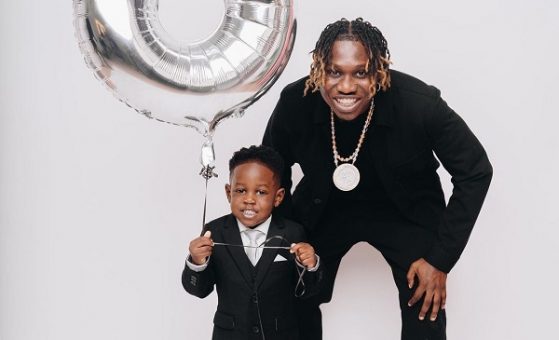
On “Demons,” Zlatan gets more emotional, rapping about the weight of responsibility that comes with success. Qing Madi’s gentle voice adds beauty to the track, but the song feels more like reflection than revelation. It’s heartfelt, but it doesn’t demand to be replayed.
When the Energy Returns
Despite his more refined approach, Zlatan occasionally reconnects with his signature street energy. Songs like “Oyoyo” and “Jeserawa” bring back his playful edge. “Jeserawa,” featuring Idowest, Shallipopi, and TerryTheVoice, is one of the more vibrant moments on the album—a fun, cheeky track that sounds like it was made for parties.
“Hip Hop Messiah” finds Zlatan boasting about his work ethic and place in the rap game. It’s confident but lacks the fire of his earlier anthems. “Get Better” and “Diamond” show him experimenting with softer sounds. “Diamond,” in particular, blends Afrobeat elements reminiscent of Lagbaja, showing creativity, though it feels more like background music than a standout hit.
Big Features, Uneven Results
Zlatan packs Symbol of Hope with big names—Davido, Olamide, Flavour, Mayorkun, and Victony all appear. Davido’s feature continues their strong friendship, while Mayorkun’s appearance on “Paypal” gives the album a boost of charisma. “Odeshi” brings Zlatan’s humor back, but its replay value still depends on the listener’s mood.
Flavour’s “Genesis” is a clear highlight, filled with Highlife warmth and rhythm, but Flavour’s presence overshadows Zlatan’s verse. “Till Thy Kingdom Come” and “Happy Day” maintain the celebratory mood, while “Bebe” featuring Victony feels like a decent but forgettable love song.
Olamide shines on “Gimme Your Love,” delivering a smooth and commanding verse that almost steals the show. The album’s closer, “Alpha & Omega,” brings Zlatan and Bhadboi OML together in gratitude, wrapping the project on a spiritual, thankful note.
Smooth Sound, Missing Spark
Overall, Symbol of Hope is a well-crafted project that shows Zlatan Ibile’s personal and artistic growth. The production is clean, the features are strong, and his message of hope and gratitude comes through clearly. But what it gains in polish, it loses in excitement. Many songs blend into each other without standing out, and the emotional tone, though sincere, sometimes feels too safe.
Zlatan deserves credit for his evolution, but this album doesn’t have the raw power or replay strength of his earlier works like Zanku or Resan. Symbol of Hope is enjoyable to listen to once through, but it doesn’t leave you eager to return.
In the end, Zlatan Ibile sounds more refined and mature than ever—but fans may find themselves missing the unfiltered energy that once defined him. Symbol of Hope is smooth, confident, and well-intentioned, yet it quietly fades instead of sticking in your head.

